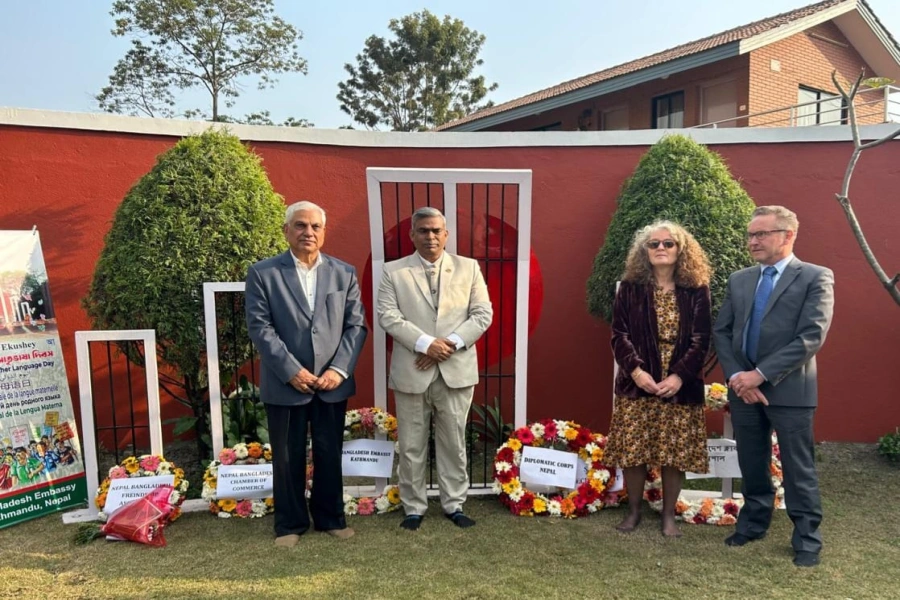Wanting to help those living with disabilities, Sabina Upreti recently established a special school that rehabilitates children with autism. Named Special School for Disabled and Rehabilitation Center, this non-profit organization teaches autistic children basic social and practical skills so that they can go on to lead their life as any other normal children.
Autism is a form of brain development disorder where individuals lack the skills of social interaction, communication, and show repetitive behaviors. Children with this condition exhibit unique characteristics and demand different behavioral treatment. Since they need special care, many children with autism have been abandoned by their parents and this is where SSDRC steps in. It provides special education and therapy to those children who are in need of care.
“Children with autism too have the capability to learn and grow and be able to lead a good life. They just need some special guidance,” says Upreti, who is the executive chairperson at SSDRC.
Something you hate

Upreti had seen cases of autistic children in different households. Many were locked and left alone, surrounded by their feces. They were nothing but huge burdens to their guardians. After witnessing such terrible conditions, she decided to do something about it. What finally compelled her to open a center for autistic children was seeing a child with autism enjoying letters and stray book pages at a dumping site in Kathmandu.
At SSDRC, children are first divided into four different categories. The children in D and C categories are first taught self-care. They are taught to feed themselves, use the toilets, and also communicate. After this, they are transferred to category B, where teachers introduce letters and alphabets to them. Finally, in category A, a regular curriculum begins. Children in all these categories are taught using the Montessori methods and therapies.
They also use speech therapy for the development of children’s communication skills, physiotherapy to maintain a healthy body, occupational therapy to help them carry out their daily activities, music, arts and dance therapy for enjoyment, relaxation, and refreshment. Multiple technologies like computer or other audio/visual aids are also used during these processes. But you can never predict when and how a child will make progress. Upreti says the recovery depends on the severity of the disability.
SSDRC currently has 45 children under its wing. It bears the cost of education, health check-ups, and food. Though largely sustained through donations and financial contributions of parents according to their economic ability, SSDRC also conducts various vocational training programs where women and older autistic people are taught to prepare products like bags, aprons, and other accessories from dhaka and crystal to generate funds for the school.
In the seven years of being in operation, SSDRC has gone through many ups and downs. Upreti mentions that the toughest challenge has been to make people aware about autism. Since it’s a mental disorder, family are often stigmatized and not many are willing to accept that their child might be autistic. Other than that, financial problems and lack of dedicated staff also cause many hindrances.
But that’s not going to deter SSDRC from trying it’s best, says Uprety. “I believe everyone has the right to live a dignified life and we want to do everything we can to make sure those living with autism get a chance to do so too,” she says adding that they are now planning to extend their space in order to help more children. However, funding is proving to be a problem they will have to find a way to navigate through. But Upreti is certain that they will soon find a way.






































